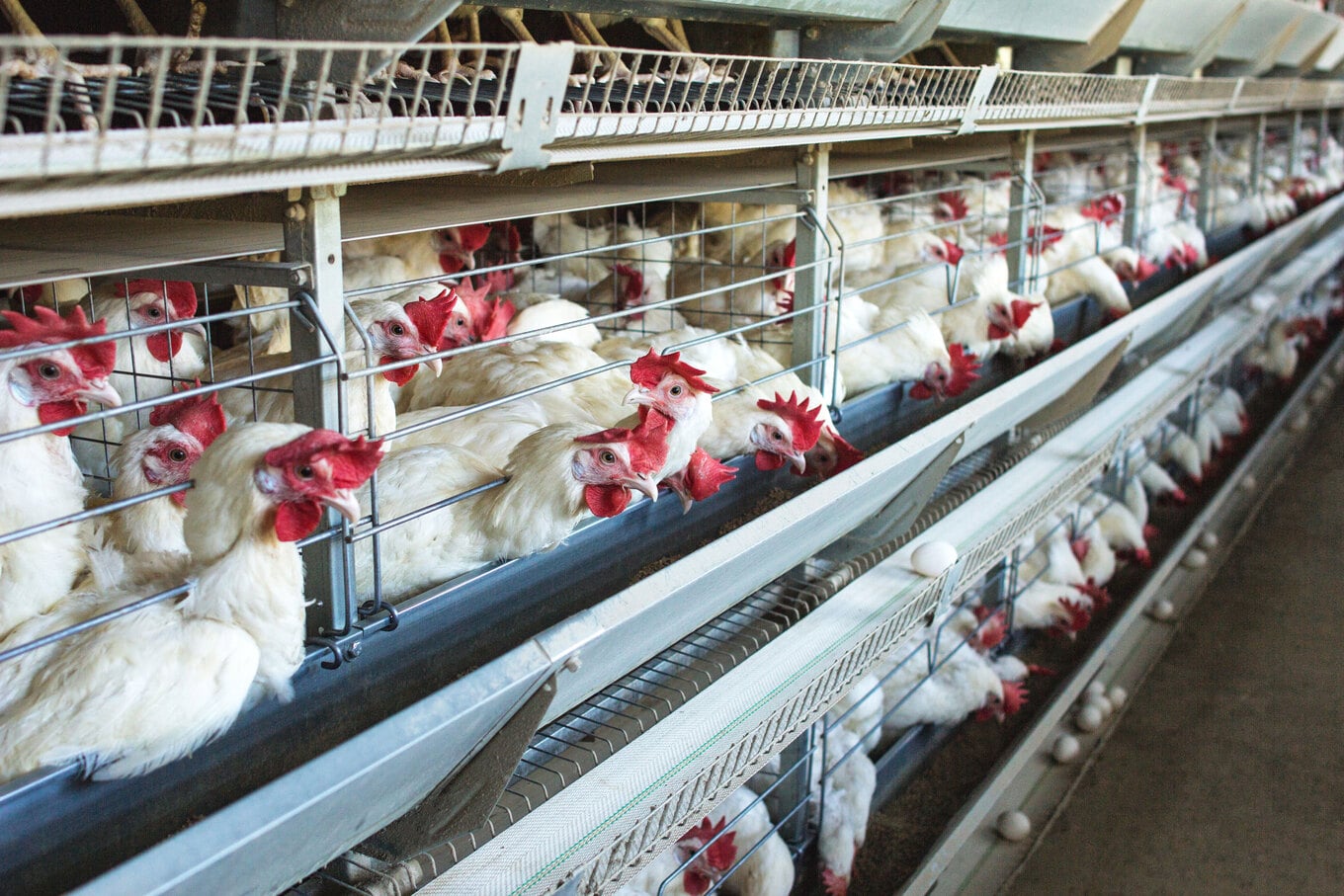Urinary tract infections (UTIs) are incredibly common. According to the Urology Care Foundation, about 60 percent of women and 10 percent of men will experience one in their lifetime. They’re usually not serious, but they come with a host of unpleasant symptoms, including pain when peeing, pressure in the lower belly, and that constant urge to go. On rare occasions, UTIs can cause lasting kidney damage or even lead to life-threatening infections, like sepsis.
 Pexels
Pexels
Needless to say, preventing a UTI is a good idea. Life is far too short to be running to the bathroom every five minutes. The good news is, there are a few ways to reduce your risk. Staying hydrated is key, choosing breathable underwear can help, and avoiding the urge to “hold it” too long is also smart. But new research suggests that what you eat might play a role, too.
Could avoiding meat reduce the risk of UTIs?
A study from George Washington University found that nearly one in five UTIs could be linked to contaminated meat. The research, which focused on Southern California, collected E. coli isolates from 5,700 patients with UTIs and compared them with meat samples from grocery stores. The results showed that nearly 20 percent of the participants’ UTIs matched E. coli found in meat, particularly in chicken and turkey products.
E. coli is a type of bacteria that lives in the intestines of both humans and animals. When meat from infected animals enters the food supply, it can spread the bacteria to people. Unfortunately, the same strains can also contaminate produce, especially crops grown near factory farms.
“Urinary tract infections have long been considered a personal health issue, but our findings suggest that they are also a food safety problem,” said Lance B. Price, senior author of the study. “This opens up new avenues for prevention, especially for vulnerable communities that bear a disproportionate burden.”
The researchers found that people living in low-income areas had a 60 percent higher risk of contracting a foodborne UTI than those in wealthier areas. Women and older men in these communities were particularly vulnerable.
“This is why we should be investing more, not less, in research about the social determinants of health,” added Price. “Your risk of infection should not depend on your ZIP code.”
A growing body of evidence links meat to UTIs
This isn’t the first study to explore the link between meat and UTIs. In 2023, Price and his colleagues found that of the six to eight million UTIs caused by E. coli in the US each year, around half a million were likely linked to contaminated meat.
This isn’t just a nuisance; it could be a major public health risk. UTIs are usually treated with antibiotics, which are becoming less effective due to overuse in both human medicine and animal agriculture.
 Adobe
Adobe
BECOME A VEGNEWS VIP: Get exclusive product deals, freebies, and perks galore!
Price suggested in 2023 that the problem won’t improve as long as factory farming continues without any changes. “When you are packing animals together very tightly, pigs or poultry, and buying them from the same breeder, yes, the dangerous strain of E. coli is going to spread very quickly,” he explained to The Guardian.
Vaccinating farmed animals could help, Price noted, but reducing contact with raw meat, and rethinking how we produce it in the first place, may be just as vital.
For more plant-based stories like this, read:
JUMP TO ... Latest News | Recipes | Guides | Health | Subscribe









